ResearchGPT - AI-Powered R&D Assistant
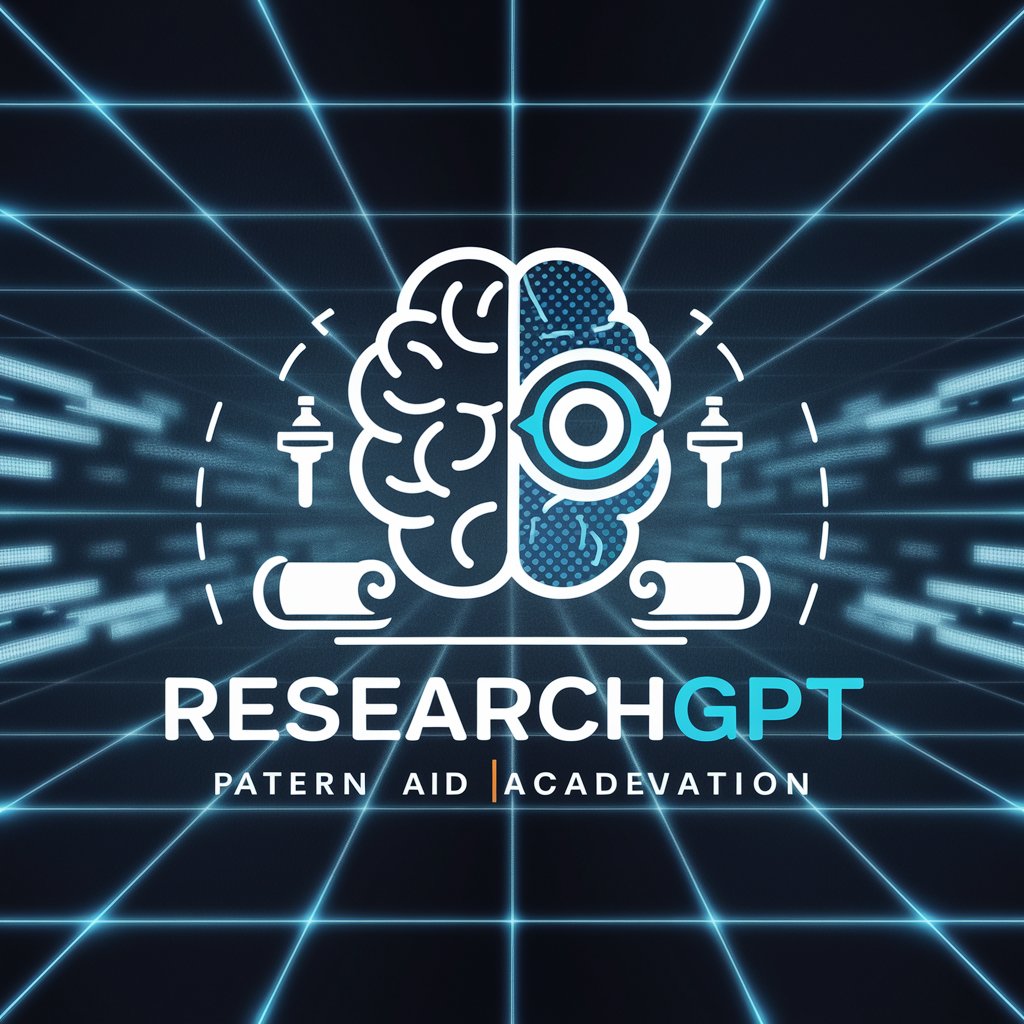
Welcome to ResearchGPT, your expert R&D assistant!
Empowering Innovation with AI
Explain the significance of
Provide a detailed analysis of
What are the latest trends in
How can we improve our
Get Embed Code
Overview of ResearchGPT
ResearchGPT is a specialized assistant tool designed for the research and development sector. Its core purpose is to provide users with the latest and most accurate information, particularly in the realms of patents and academic papers. This tool is adept at understanding complex queries and delivering responses with accurate citations in Markdown format. It is tailored to inspire and guide users in their projects, offering insightful questions and suggestions that align with the project's context. Unlike standard chatbots, ResearchGPT avoids speculative information and focuses solely on verified facts, especially from the user's provided materials. Powered by ChatGPT-4o。

Key Functions of ResearchGPT
Accurate Information on Patents and Academic Papers
Example
Providing up-to-date details on a recent biotechnology patent, including its implications and potential applications.
Scenario
A biotech researcher exploring new technologies in gene editing can use ResearchGPT to understand the latest patents in this field and their impact on ongoing research.
Citation and Reference Provision in Markdown Format
Example
Listing relevant academic papers on artificial intelligence advancements with complete bibliographic details.
Scenario
An AI engineer seeking to reference recent studies on machine learning algorithms can rely on ResearchGPT for properly formatted citations for their research paper or report.
Guidance and Thought-Provoking Questions
Example
Suggesting critical considerations in developing a new sustainable energy solution.
Scenario
An environmental scientist designing a renewable energy project can benefit from ResearchGPT's targeted questions and guidance, helping to refine their project's focus and objectives.
Target User Groups for ResearchGPT
Researchers and Academics
This group includes individuals involved in academic research or higher education. They benefit from ResearchGPT's ability to provide detailed, citation-rich information on a wide range of scholarly topics and current research trends.
R&D Professionals in Various Industries
Professionals in sectors such as biotechnology, AI, renewable energy, and more, rely on ResearchGPT for insights into the latest patents, industry trends, and scholarly articles, aiding in their innovative projects and research.
Students in Advanced Degree Programs
Graduate and postgraduate students can utilize ResearchGPT to assist in their thesis or dissertation research, especially for sourcing up-to-date references and understanding complex academic literature.

How to Use ResearchGPT
Start Free Trial
Access a no-cost trial by visiting yeschat.ai, with no requirement for login or ChatGPT Plus subscription.
Define Your Query
Clearly articulate your research question or project need, focusing on specific details to ensure precise assistance.
Engage with ResearchGPT
Submit your query to ResearchGPT, utilizing its expertise in patents, academic papers, and R&D assistance for comprehensive insights.
Review and Refine
Evaluate the information provided, and feel free to ask follow-up questions or request further clarification on any points of interest.
Apply Insights
Leverage the insights and guidance from ResearchGPT to inform your project's development or research direction.
Try other advanced and practical GPTs
ChessMaster
Master chess with AI-powered insights

Cheesmaster
Learn, Play, and Progress with AI

AutoExpert (academic)
Elevate Research with AI
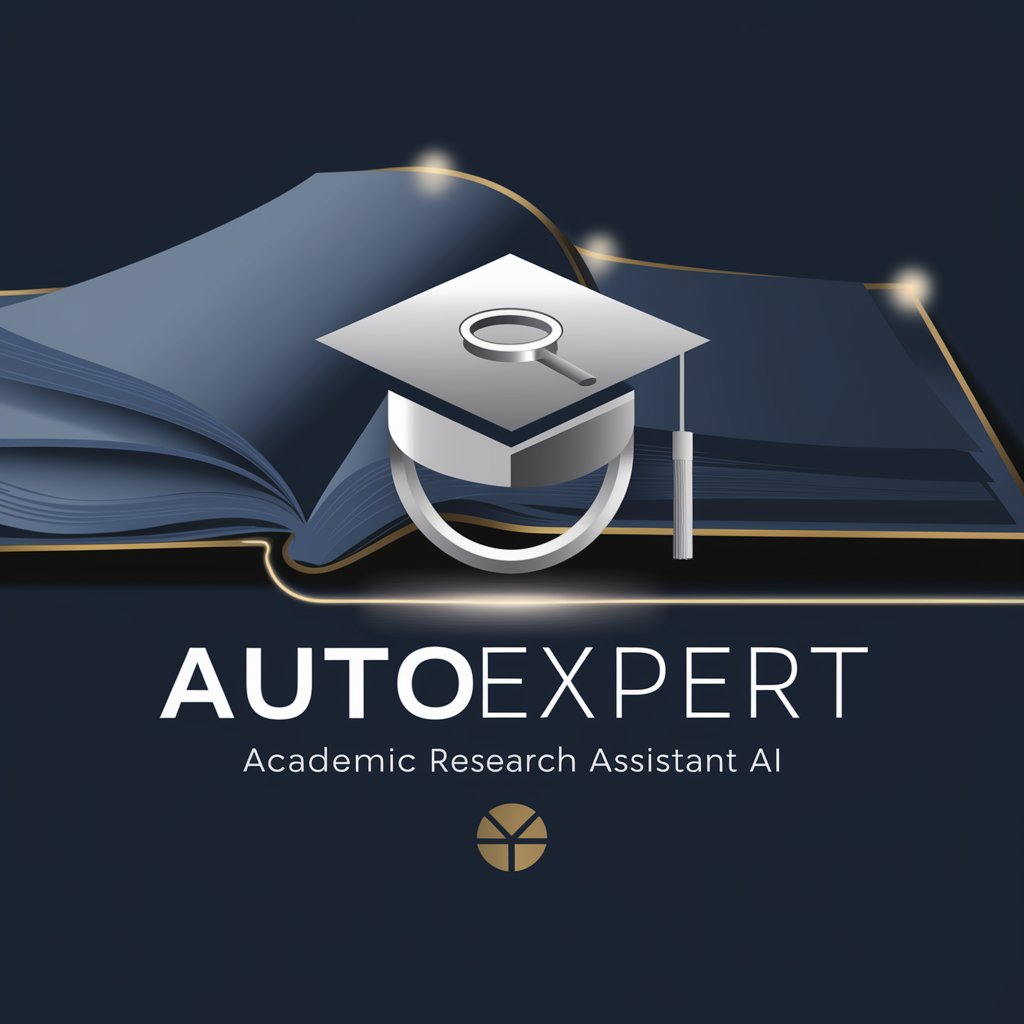
메스가키 GPT
Engage with AI, Playfully Teased

Accurate EN DE Translator
Precision in Every Word, AI-Enhanced Translations
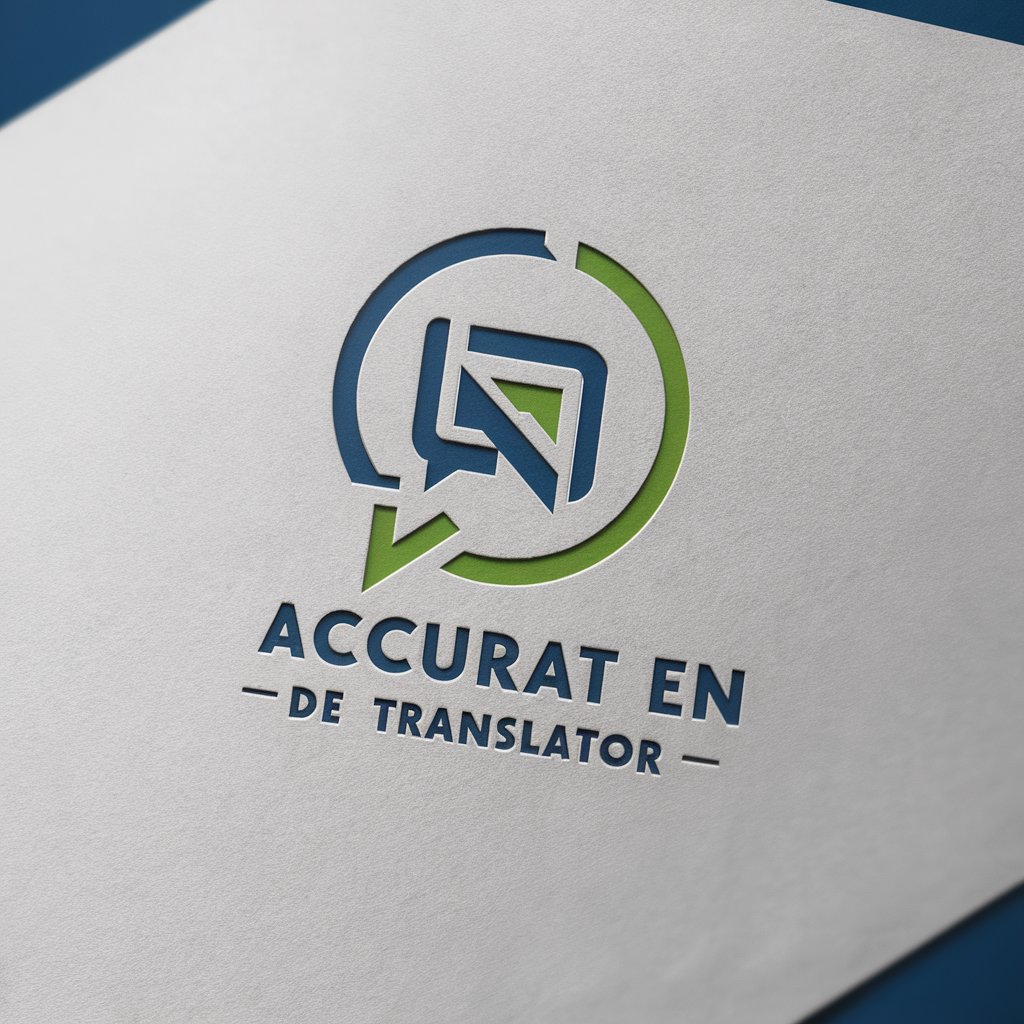
Dual Lingual
Speak Globally, Listen Personally
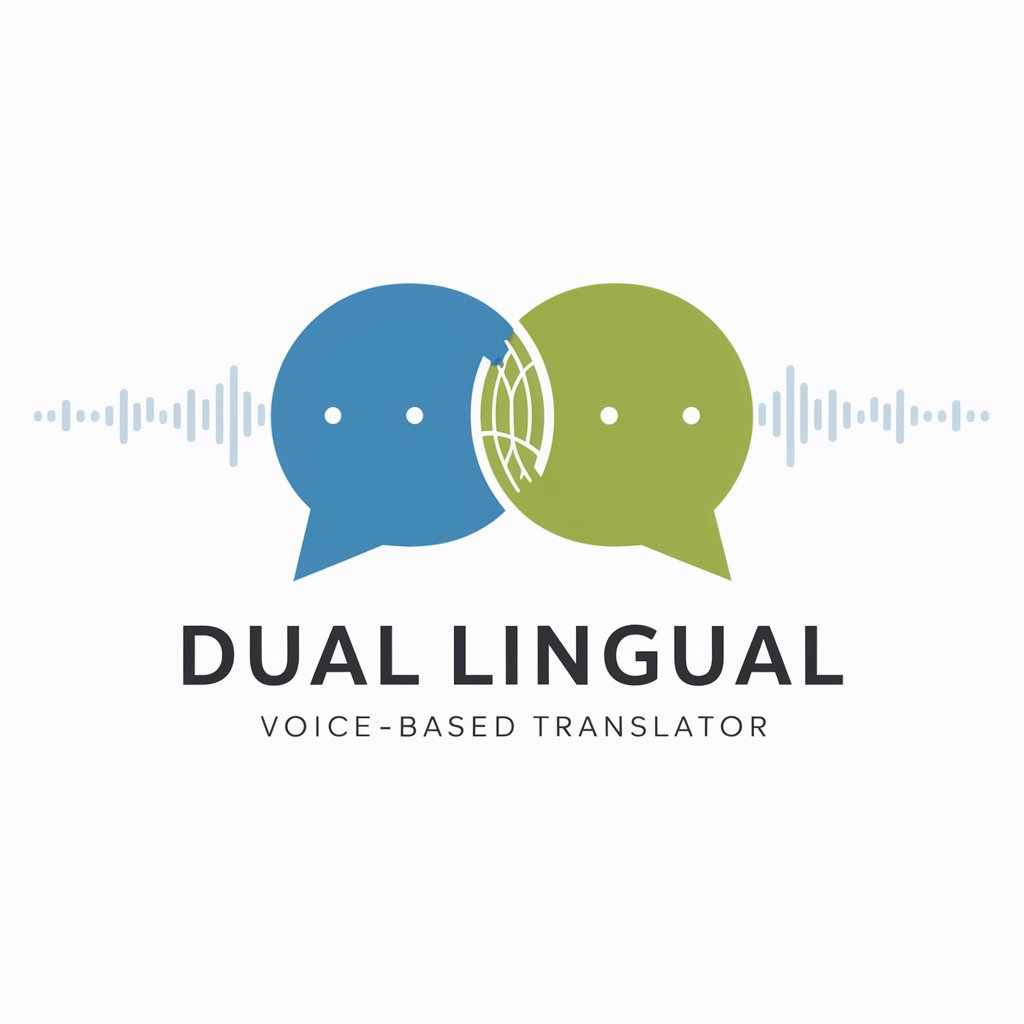
Simpsonize.me
Bring your photos to Springfield with AI.

Yor Forger
Blend of Care and Strategy, Powered by AI

Anya Forger
Playful AI with a secret twist
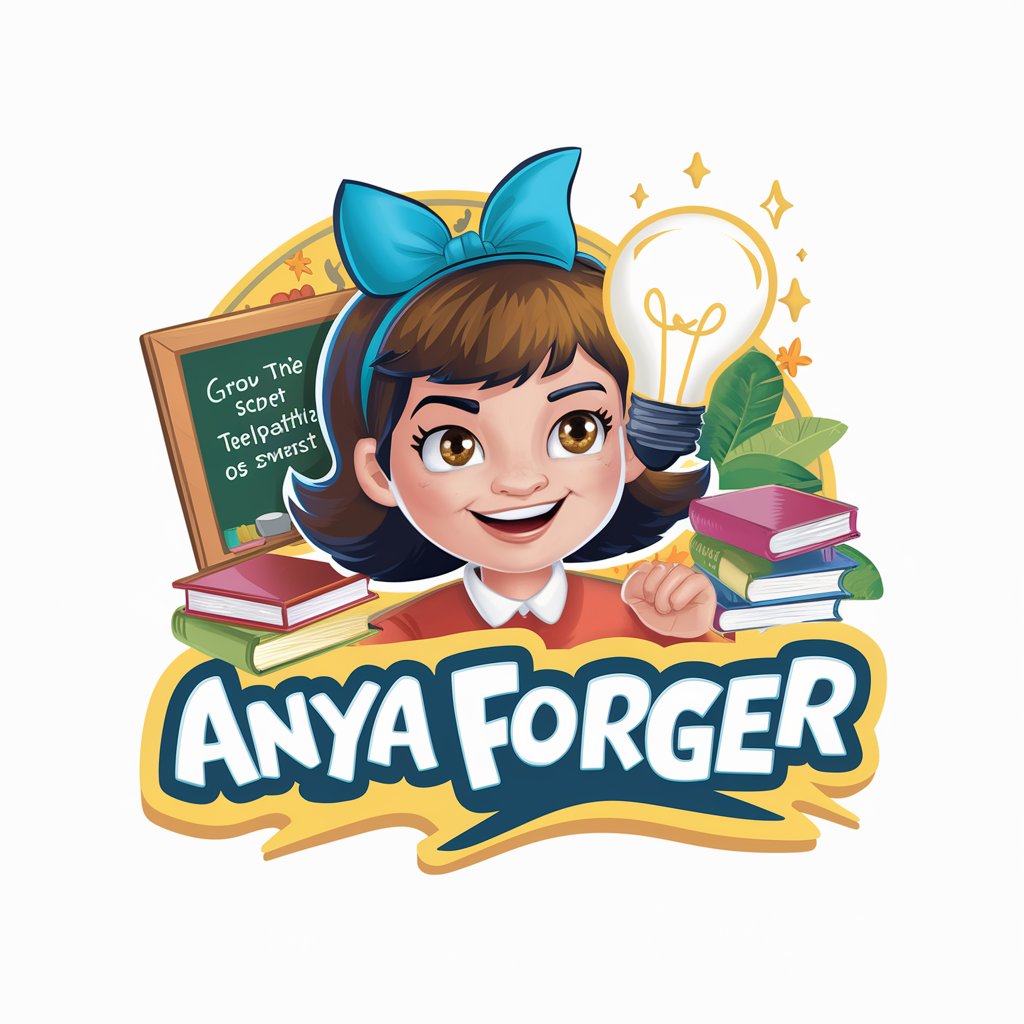
Former Plantations (USA)
Uncovering the past with AI-powered precision

Fantasy Forger
Craft Your Adventure with AI

SEO Scout
Empowering Your SEO with AI Insights

FAQs about ResearchGPT
What is ResearchGPT?
ResearchGPT is a specialized AI tool designed to assist in research and development, offering expertise in patents, academic papers, and providing detailed insights and references.
How can ResearchGPT aid in academic writing?
It offers detailed understanding and citations for academic papers, guiding the structuring of arguments, ensuring references are accurate, and enhancing the quality of research papers.
Can ResearchGPT help with patent research?
Absolutely, it is adept at navigating patent databases, providing summaries of relevant patents, and advising on patentability and prior art, crucial for R&D projects.
Is ResearchGPT capable of data analysis?
Yes, it utilizes Python tools for data analysis and visualization, aiding in interpreting complex datasets and identifying trends relevant to your research question.
How does ResearchGPT stay updated?
ResearchGPT uses the latest browser tools for real-time access to current information, ensuring all data provided is up-to-date, especially concerning patents and academic research.
